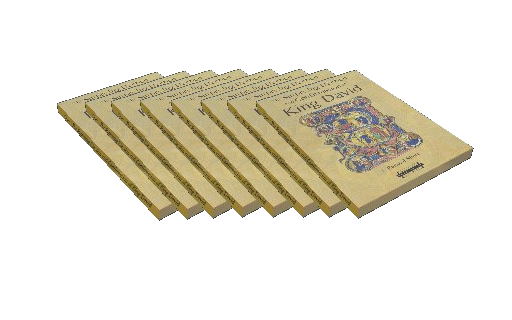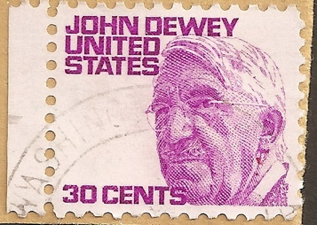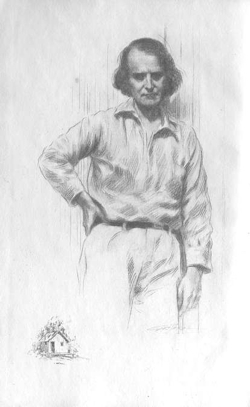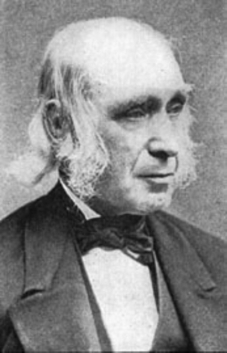In my first post about my new book, I posted statements by a couple of well-known and a couple of anonymous biblical scholars. For my second post, I’d like to post here the summary that Harvard University Press used in their catalog (both online and in their Spring/Summer 2010 print catalog). It’s also the summary that vendors like Eisenbrauns and Amazon picked up (with lightning speed, I might add) when HUP started promoting my book online.
THE SURPRISING ELECTION AND CONFIRMATION OF KING DAVID
J. RANDALL SHORT
Some of the best-known biblical episodes are found in the story of David’s rise to kingship in First and Second Samuel. Why was this series of stories included in the Bible?
An answer that has become increasingly popular is that this narrative should be interpreted as the “apology of David,” that is, the personal justification of King David against charges that he illegitimately usurped Saul’s throne. Comparisons between “the History of David’s Rise” and the Hittite “Apology of Hattušili,” in particular, appear to support this view that the biblical account belongs to the genre of ancient Near Eastern royal apology.
Having presented this approach, Randall Short argues that the biblical account has less in common with the Hittite apology than scholars have asserted, and he demonstrates how interpretive assumptions about the historical reality behind the text inform the meaning that these scholars discern in the text. His central contention is that this story should not be interpreted as the personal exoneration of David composed to win over suspicious readers. Rather, composed for faithful readers represented by David, the story depicts the dramatic confirmation of David’s surprising election through his gradual emergence as the beloved son of Jesse, Saul, all Israel, and YHWH Himself.

The main purpose of a summary in a print catalog, of course, is to give readers a good idea of what the book is about. But online summaries have a purpose that is equally important. They draw people who are running searches on the key words and phrases to the website and let them know about the book in the first place.
I would love to see what search strings bring people to my book’s site at Harvard University Press, Amazon, and the like. One problem with summaries, though, is that they don’t include — and can’t include without becoming nearly unreadable — many of the key terms and phrases that a lot of people among my intended readers are likely to be Googling and Binging.
So, in the interests of reaching as wide an audience as possible, and hoping that you won’t be disappointed if your online search of any of the below terms brought you here, I offer a mini-index of keywords and phrases that somehow relate to my book. This, too, is rather limited, but I hope it’s skim-worthy and, more importantly, search-worthy.

Interested in Any of the Following? Then please check out The Surprising Election and Confirmation of King David:
Biblical figures and themes: King David, King Saul, the Prophet Samuel, Davidic Covenant, David’s Anointing, Divine Election, Divine Rejection, Davidic King and Kingdom, Kingship in Israel and Judah
Texts and corpuses: Books of Samuel, Historical Books of the Bible, the Former Prophets, Nevi’im, Nebi’im, Historical Psalms, Tanakh, Masoretic Text (MT), Biblia Hebraica Stuttgartensia (BHS), Hebrew Bible, Old Testament; Samuel Commentary
Critical sources, extra-biblical texts, etc.: History of David’s Rise (HDR), Apology of David, Ancient Israelite Royal Propaganda, Apology of Hattusili, Apology of Hattushilish, Hittite Empire, Ancient Near Eastern Apologies, ANE, Deuteronomist, Deuteronomistic, Dtr, Original Context, Final Form
Modern Scholarly Approaches: Historical Critical Scholarship, Historical Criticism, Source Criticism, Redactional Criticism, Rhetorical Criticism, Ideological Criticism, Tradition Criticism, Canonical Criticism, Literary Criticism, Comparative Criticism, Theological Interpretation, Biblical Interpretation, Biblical Exegesis
Scholars and works: P. Kyle McCarter, “The Apology of David” (JBL), and I Samuel (Anchor Bible); Baruch Halpern, David’s Secret Demons: Messiah, Murderer, Traitor, King; Steven L. McKenzie, King David: A Biography; James W. Flanagan, David’s Social Drama: A Hologram of Israel’s Early Iron Age; Harry A. Hoffner, “Propaganda and Political Justification in Hittite Historiography.”
 RSS - Posts
RSS - Posts









Great Advice, something that I have been doing recently too
Basically what I
1.do is do a bit of research into my topic
2.write non stop for 10mins, without referencing anything, just write what it in my head, If I run out of things to write then I just write “I have run out of things to write….” and surprisingly you get back on topic, it is important to not stop for 10mins, dont stop to look at the clock or anything (set a timer)
3.the following day edit what I wrote
4.repeat, until satisfied
never forgetting the 80/20 rule
英会話 長野市